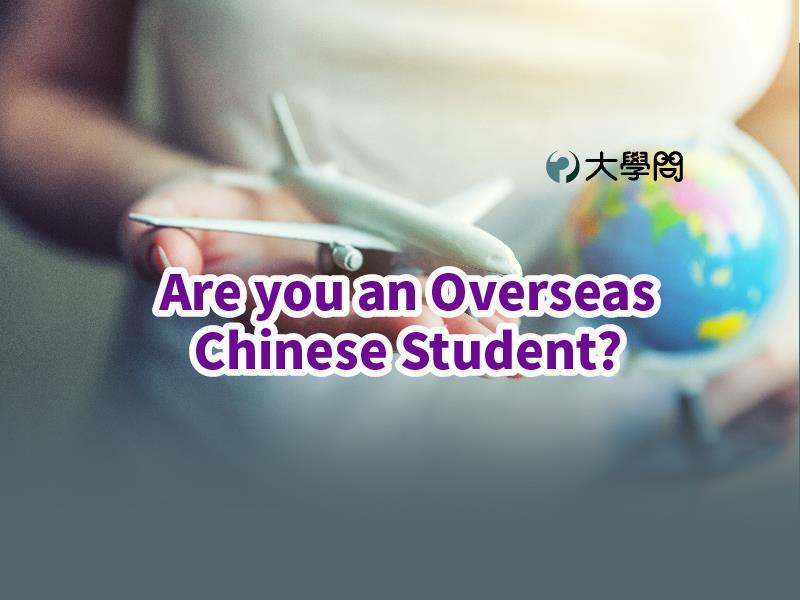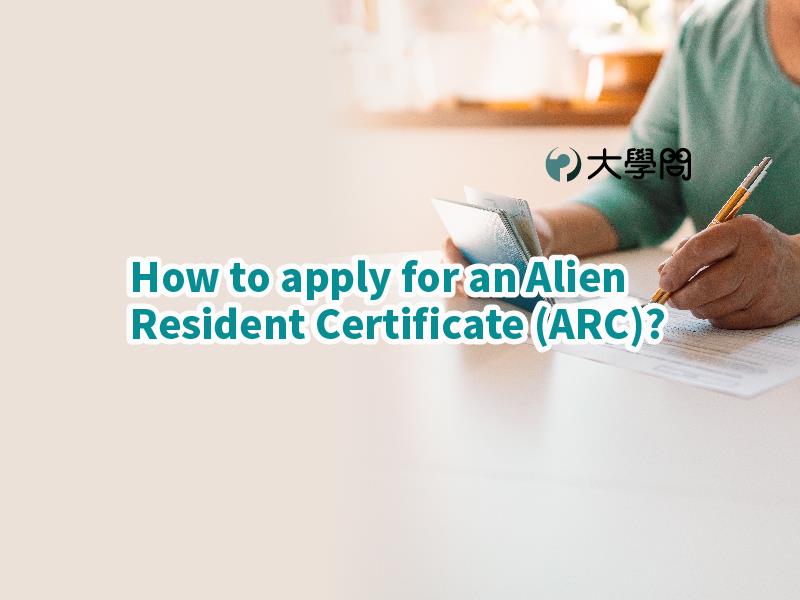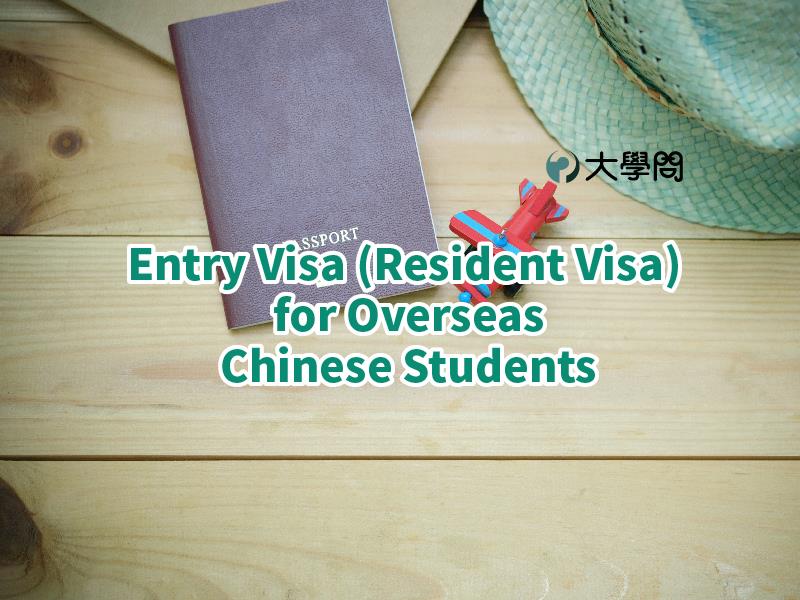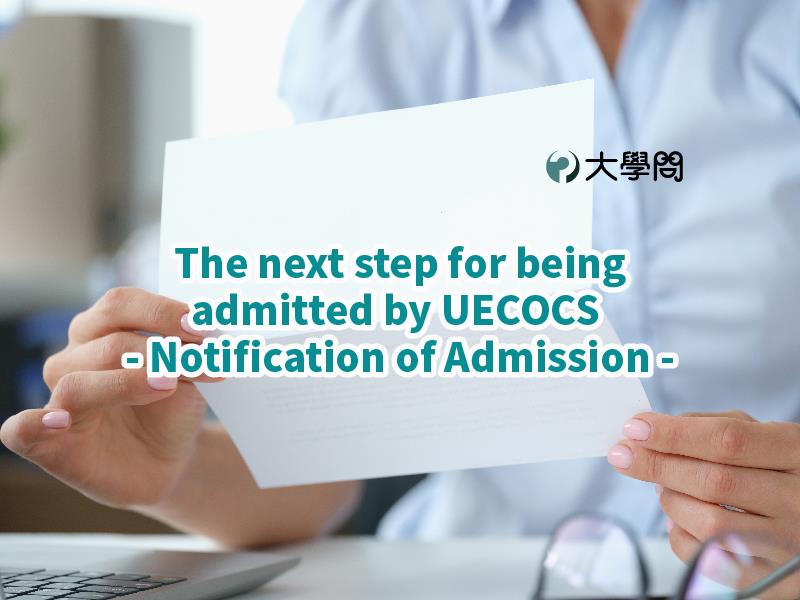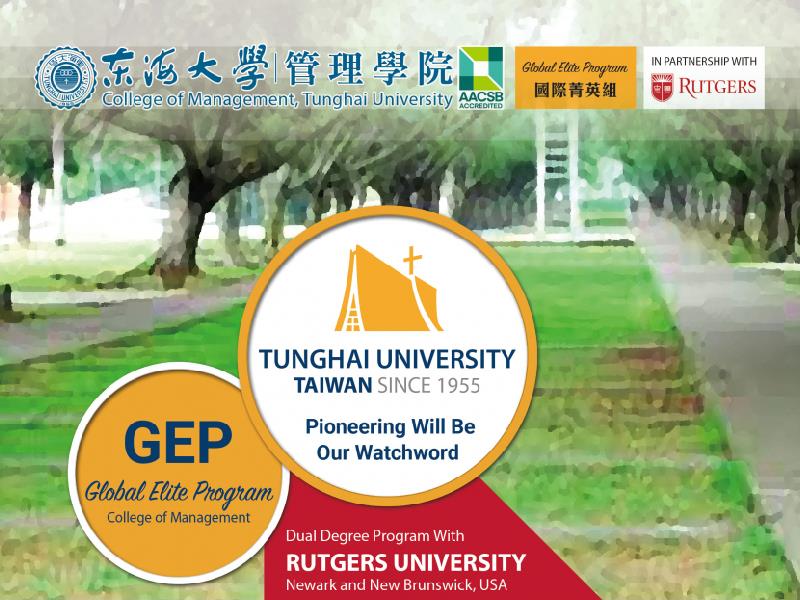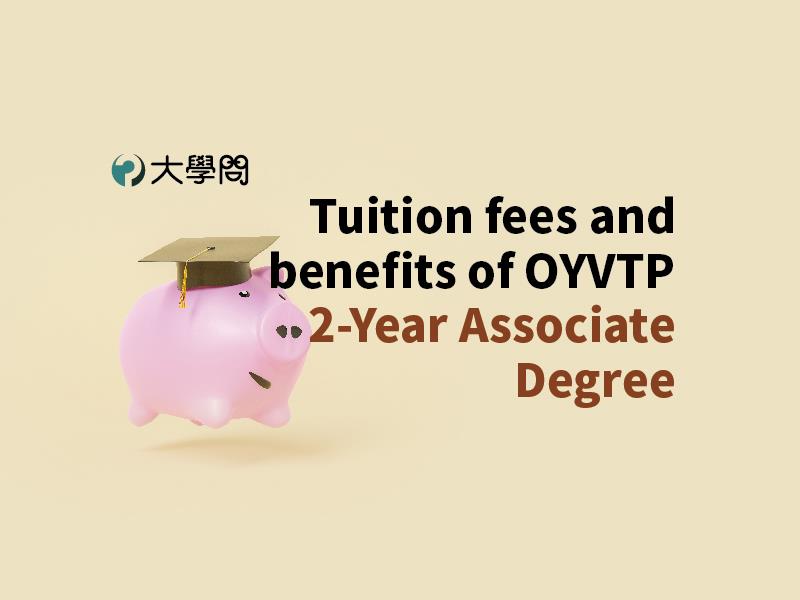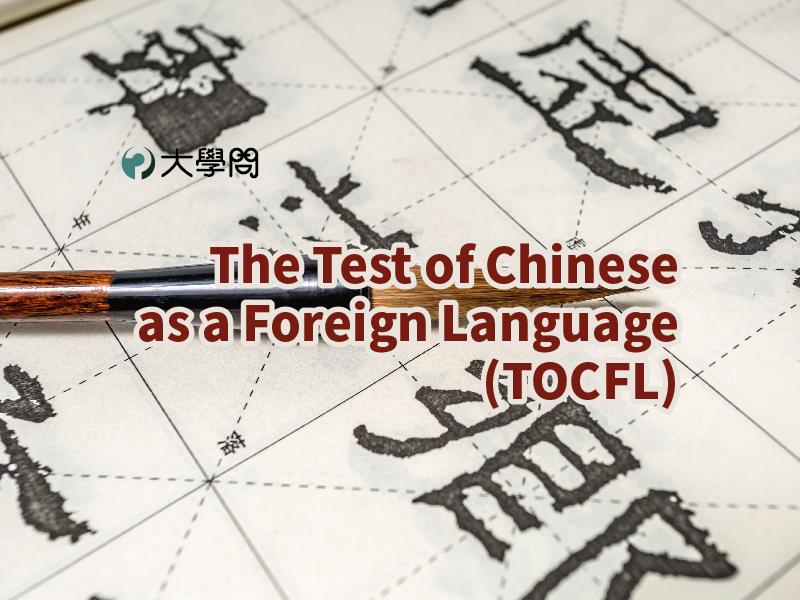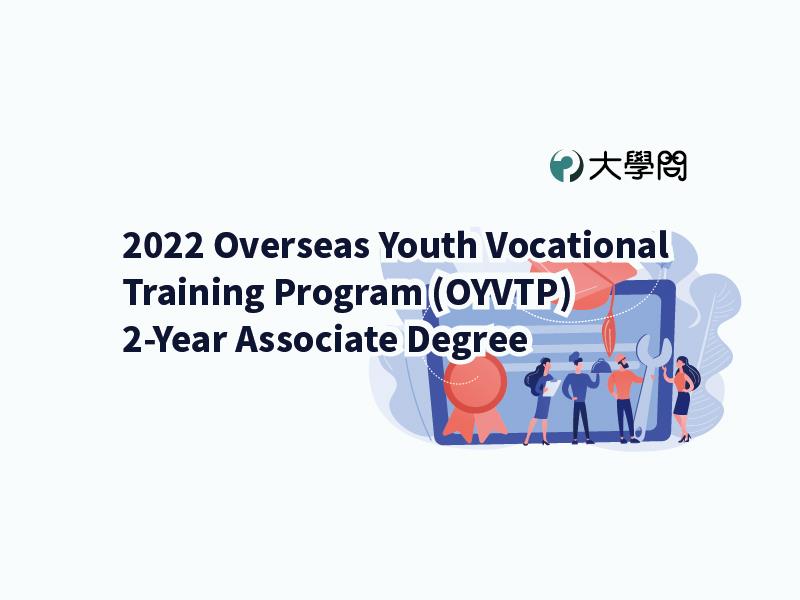 Global
2022 Overseas Youth Vocational Training Program (OYVTP) 2-Year Associate Degree (Application deadline: 30 April 2022)
Global
2022 Overseas Youth Vocational Training Program (OYVTP) 2-Year Associate Degree (Application deadline: 30 April 2022)
 Global
2022 Overseas Youth Vocational Training Program (OYVTP) 2-Year Associate Degree (Application deadline: 30 April 2022)
Global
2022 Overseas Youth Vocational Training Program (OYVTP) 2-Year Associate Degree (Application deadline: 30 April 2022)




